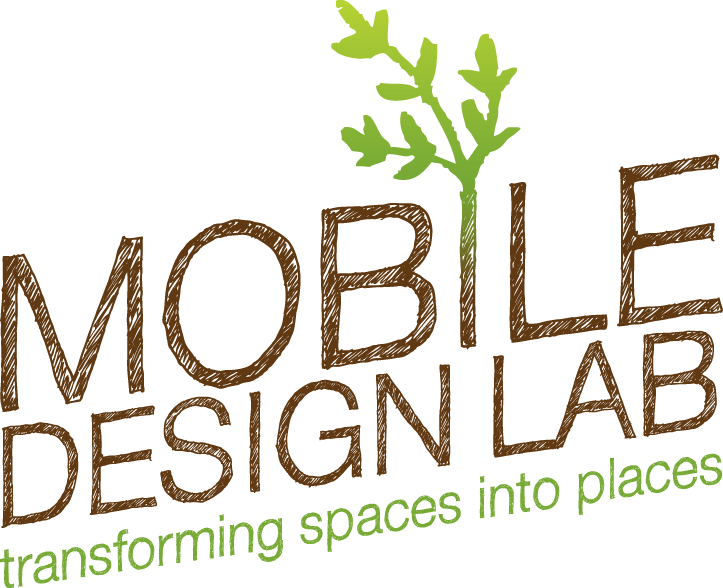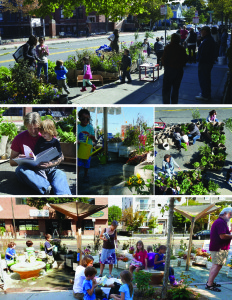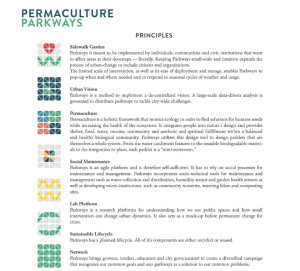Here are some of our recent projects. We have worked in a variety of settings everything from working with residents to transform their town hall into an edible, educational garden that supplies fresh food to the local food pantry to constructing an outdoor classroom for a local farm to helping small businesses invision and plan for new ventures. Interested in collaborating? Contact us
PERMACULTURE PRINCIPLES FLASHCARDS
Check out our latest permaculture card game. Available to purchase.
Drawing on the wisdom of ecological systems and indigenous knowledge, permaculture
offers us a vision, design approach, and tools to create a world of health and
abundance. The permaculture principles flashcards distill this knowledge into simple
principles that can be applied anywhere from your backyard to your organization. This
card game teaches you 10 principles complete with definitions and easy to use
ecological and social examples. It has been developed over the last ten years and
played by hundreds of people everywhere from design/ build workshops to college
classrooms and after school gardening programs.
Materials: Permaculture Principles Flashcards
Number of People: Up to 10 people for each stack of cards
Time: 45 minutes to an hour
Learning Objectives:
• Learn Permaculture principles
• See connections between ecological and social systems
• Identify simple techniques that will make your organization and ecosystem more
resilient.
Contents: 40 cards with carrying bag and permaculture principles key
Add On:
Barnyard Break Out: An trust building energizer to break up a larger group into smaller
groups.
Permaculture Flash Cards Curriculum: Take your flashcards to the next level with this
fun group activity that will teach your group the permaculture principles in no time.
Permaculture Principles Charades: Use your principles flashcards for this embodied
activity that will have your group laughing and guessing the principles.
PERMACULTURE PARKWAYS
Greywater System at Occupy Wall Street
Mobile Design Lab’s OWS greywater system is an answer to a call put out by the General Assembly at Occupy Wall Street. They were looking for an ecological way to deal with the waste water produced by the kitchen that has been feeding thousands of people 3 free meals a day in Zuccoti Park. The project is a living collaborative installation between a web of NYC based permaculture designers and Mobile Design Lab. It was born out of conversations that took place while we traveled through the city gathering materials, fueled by desperation, anger, and a desire to demonstrate to the world that something else is possible.
Like ecological systems themselves the OWS greywater system serves many functions. Part functional, the micro-biology living at the roots of the plants serve to take up excess nutrients, keeping them from entering fresh waterways and instead using them to fertigate, fertilize and irrigate the trees and mums in the park.
Part educational, as each step in the process is highlighted with signs and often times someone explaining how it works.
Part spectacle, somewhere between “weird science experiment” and a “green oasis” amongst the cardboard signs and sleeping bags.
Part experiment, not only in how to create a lightweight, movable system. But in how to create collaboratively, letting go and watching as it responds and adapts to change.
Perhaps most importantly, it is part catalyst, an invitation for people to come together to share our common grievances and to dare to imagine and create something different. To discover a way for us to take responsibility for the actions that have come before us. To say no to throwing problems down the drain for someone else to deal with. A collective re-framing of waste as a resource, by using the waste of the current system to build a new one.
Wendell Food Forest at the Town Hall: The Wendell Food Forest serves as beautiful public educational garden that provides fresh fruits, vegetables and herbs, and plants to the local food pantry and inspires an Edible Wendell.
Gaz-Arbor: in collaboration with C3 we designed and built the Gaz-arbor, a gazebo-arbor hybrid that serves as a community gathering space used, among other things, for potlucks, artist residencies, and as an outdoor classroom.





One thought on “What we do”
Comments are closed.